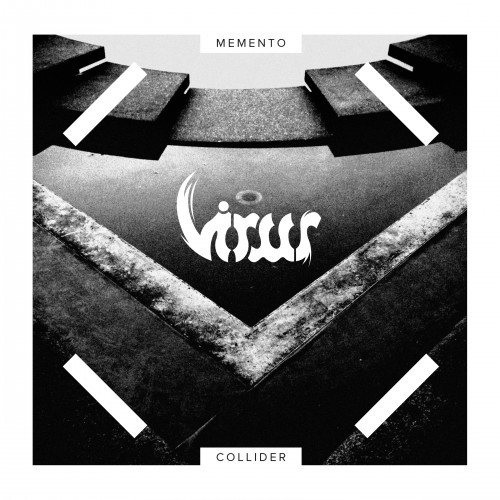(In this post we bring you two songs from the forthcoming reissue of the debut album by the unusual Greek band Morpheus Tales, along with the following review by Greek guest writer Chrysostomos Tsaprailis.)
Black metal and space have been closely intimated throughout the genre’s history. Not so much as the last frontier for humanity, but rather as an approximation of the Unknown, space exhibits close ties with the genre’s uncanny essence. The noir art genre on the other hand, though somewhat close aesthetically to black metal, has never been much associated with it, mainly due to the former’s emphasis on human emotions and relations, something undoubtedly contrary to the black metal thought-form. Still, the Greek experimental black metal band Morpheus Tales assume the difficult task of presenting a cosmic noir tale in their aptly named debut Secular Noir.
The album was first released independently on digital format in 2014, and two years after, it will finally see a physical release via the new Greek Arcane Angels label, firstly on tape as a taste of what’s to come, and then on both vinyl and CD editions. All physical releases will sport new cover art and band logo, created by Arcane Accidents, a sub-division of Arcane Angels, which will be responsible for the artwork of several other releases of the label as well. Continue reading »


